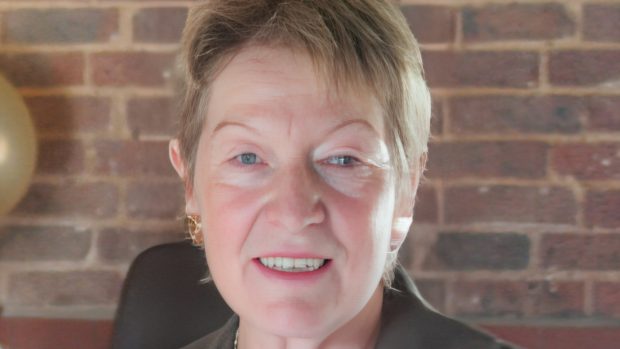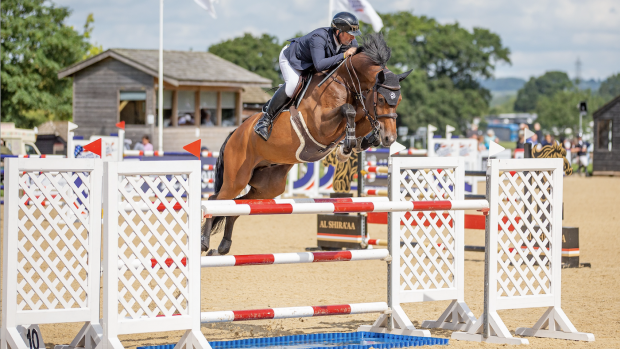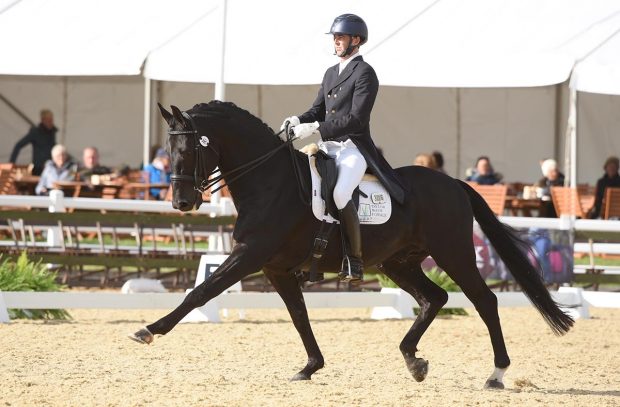Does Britain’s horse industry really need another group? Yes, it seems it does.
On Sunday (5 October), a coalition of progressive British breeders met at Moulton College in Northants to hammer out steps to better promote British-bred horses and give it the gravitas and reputation it deserves, to counterbalance strong competition.
Look to our World Equestrian Games teams this year: British-breds featured in all three Olympic disciplines. Yet, unbelievably, the image of Britain’s breeding industry on the world stage is lagging.
The rally was a long overdue call to arms, spearheaded by Lynne Crowden of Woodlander Stud. She described it as “a movement to drive an agenda for change giving people the power and platform to come together and do something different”.
Specifically, the key question was how to raise the profile of British-bred horses in the face of the European studbooks, which are heavy-hitting on marketing and PR.
People came great distances to attend; from Cornwall, from Scotland and everywhere in between.
The more than 50 breeders broadly agreed that amalgamation of all the main UK studbooks was not a realistic goal, as nobody has the incentivising power to persuade them to coalesce.
But there is still scope for an overarching umbrella network of British breeders to help promote and support British breeders.
This emerging group – currently called the British Breeding Network – is not a studbook, but a collective of motivated individuals who want to work together to deliver improved services for breeders; from promotion to education, from lobbying to event organisation.
Exclusive or inclusive?
One of the keen topics was whether an exclusively British-bred foal sale would be popular with buyers. If so, then how would horses be screened for quality and selected for the sale? Could the Futurity play this role, with elite (and higher first?) premium horses gaining entry? But what about stock by ungraded stallions not eligible for the Futurity? This didn’t sit well with some people’s idea of an inclusive British breeders’ network, as some horses would already be ruled out.
Private stallion gradings were chewed over, with some having to agree to disagree on whether this practice should be allowed to continue.
Ultimately, a dozen people, including me, volunteered as regional coordinators and vet Jane Nixon was appointed interim chair (to the jovial dismay of her husband), though everyone felt elections are the best way forward once there is some traction.
So, although there were as many — if not more — questions raised than answers, what this rally did was bring together diverse and frequently sniping factions of the British breeding industry. It’s a good start. And this may just have created the momentum necessary to kick-start the tide of change breeders have long been seeking.




